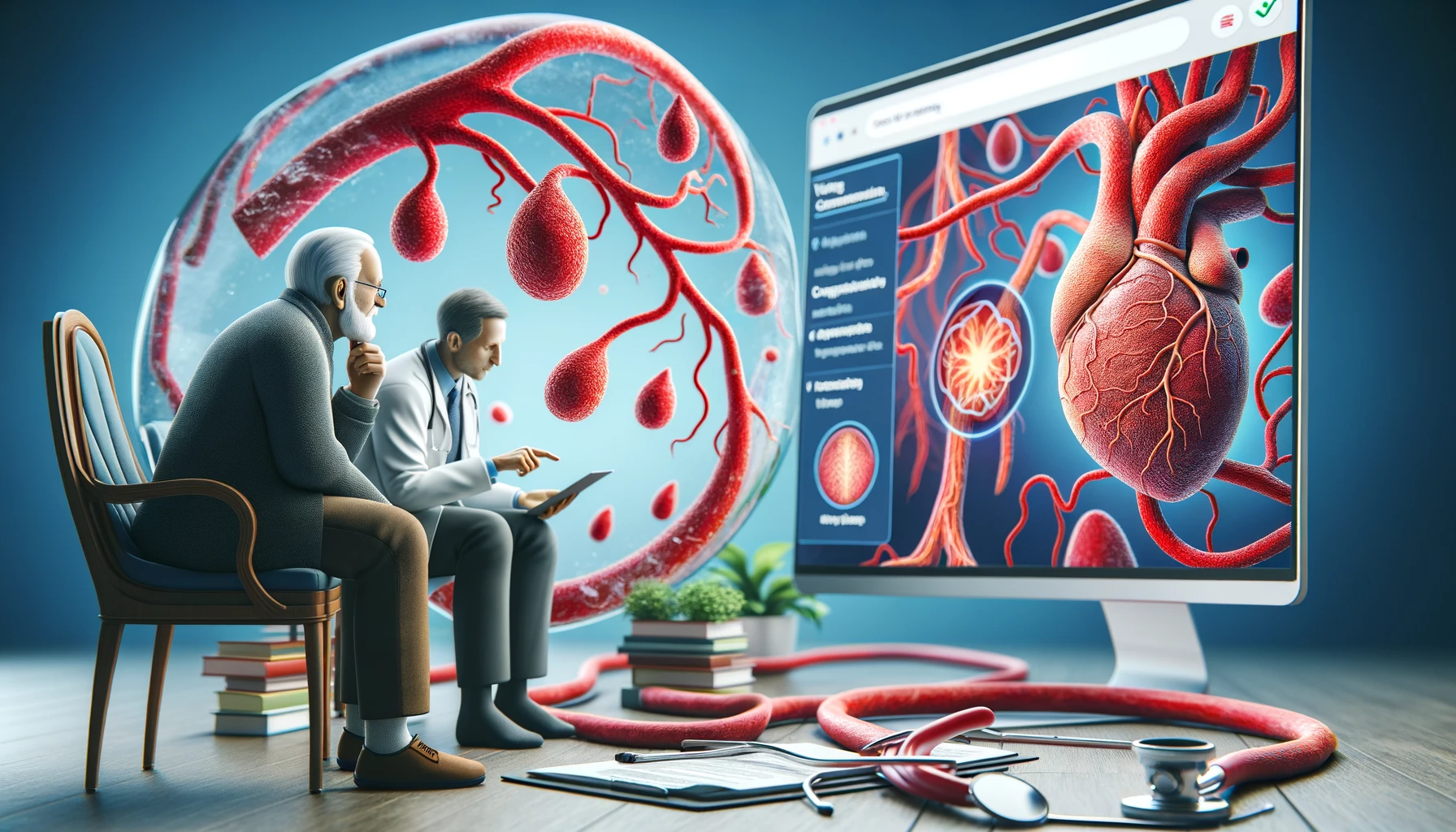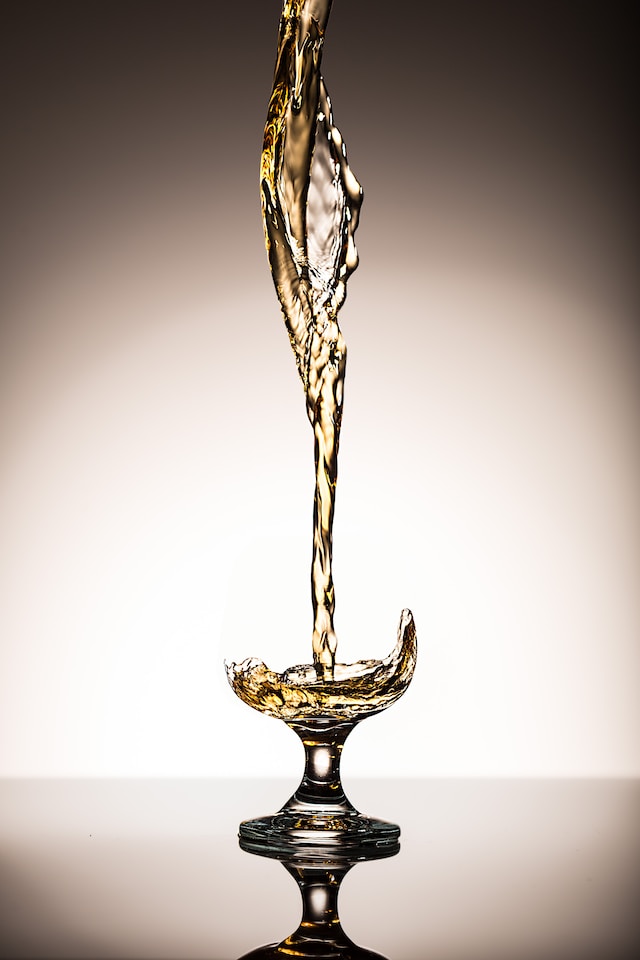The Role of Nutrition in Post-Liposuction Recovery
Liposuction is a procedure that can reshape the body, but how you care for yourself after surgery is vital to its effectiveness. Nutrition plays a crucial role in ensuring a quick and smooth recovery. Eating the right foods after liposuction can help reduce recovery time, decrease swelling, and improve overall results. During the immediate postoperative period, it’s important to focus on hydration to maintain the body’s essential functions, including removing toxins and transporting nutrients.
Recommended Foods for Healing and Wellness
After liposuction, you must give your body the proper nutrients to aid recovery. Foods to eat after liposuction, such as grilled chicken, baked fish, legumes, and dairy, can be incorporated into your diet, as they contain the proteins needed for effective tissue repair. Adequate protein intake not only aids in wound healing but also helps maintain lean muscle mass during the recovery phase.
Your body requires energy and protein, which can be obtained from carbohydrates. It’s recommended to opt for complex carbohydrates found in whole grains, brown rice, and root vegetables, as they provide a steady supply of energy without causing sudden blood sugar spikes that simple sugars can cause.
Fruits and leafy greens are also essential in your diet, as they are rich in antioxidants and have anti-inflammatory properties. These properties protect your body against oxidative stress and foster a healing environment.
What to Avoid: Foods That Can Hinder Recovery
Proper nutrition is vital for a fast recovery after surgery. Avoid foods that cause inflammation, such as those high in trans fats in processed and fried items. Consuming sugar and alcohol can also contribute to inflammation, leading to unnecessary weight gain, which can complicate recovery. For those who have undergone procedures like liposuction, it’s essential to monitor salt intake. Overeating salt can cause the body to retain water, increasing swelling and extending the recovery period. To support your body’s healing, it’s best to eat a diet rich in whole foods, avoiding those processed or high in added sugars and salts. Including a variety of nutrient-dense foods in your diet can help create an optimal environment for recovery.
Developing a Post-Liposuction Meal Plan
After liposuction, a personalized meal plan is crucial. It should include healthy fats, moderate complex carbs, and lean proteins. This balanced diet provides essential nutrients for recovery and should be tailored to the individual’s needs. Attention should also gravitate towards meal timing and size. Small, well-spaced meals throughout the day can drive metabolism and prevent the hunger that leads to overeating. Strategic meal planning enables the body to have a constant nutrient stream, which is vital for sustaining the repair work incumbent upon it in the wake of liposuction.
Supplements and Vitamins: Are They Necessary?
Supplemental vitamins and minerals may seem like a quick solution for nutritional shortcomings; however, their use must be informed and judicious. Supplementation can be beneficial, but high dosages can have adverse effects. Zinc and Magnesium are crucial micronutrients for wound repair and muscle function, and they play a vital role in the post-liposuction diet. Expert advice can help determine if these supplements are necessary. Used correctly, supplements can help fill nutritional gaps, enhance healing mechanisms, and lead to quicker recovery.
Staying Hydrated: More Than Just Water
Proper hydration after surgery requires more than drinking fluids. It involves closely monitoring and balancing fluid and electrolyte levels. Electrolytes like sodium and potassium distribute fluids throughout the body and are essential for postoperative recovery. They are especially critical for maintaining the lymphatic system, which helps remove waste and reduce swelling, both common after liposuction.
Exercise and Activity: Complementing Your Nutrition Plan
Gradual reintroduction to exercise post-liposuction is essential, not only for maintaining the surgical outcome but also for general well-being. Nutrition plays a supporting role in this phase, supplying energy for physical exertion and repairing the exerted muscles. The postoperative diet should adapt accordingly, bolstering the increased caloric expenditures with calorie-smart boosts.
Preparedness to return to one’s physical routine must balance the eagerness to regain fitness with the body’s readiness to endure stress. Light activities, such as walking or specific post-liposuction exercises, ignite muscle activity and blood flow, warding off atrophy and promoting healing. Nutritional reinforcement in the form of high-quality proteins, complex carbs, and beneficial fats is essential for supporting this tentative return to normalcy.
Long-Term Dietary Strategies Post-Liposuction
Post-liposuction is the short-term recovery that merits attention and the long-term lifestyle modifications that sustain the results. A conscious commitment to a diet grounded in whole foods—characterized by fresh produce, lean proteins, and minimal processing—can impact weight maintenance and overall health. Consumption should be calibrated to extend beyond the recovery phase, laying the foundation for lasting dietary habits.
Finding a balance between responsible eating and occasional indulgences is vital to a sustainable dietary strategy. Embracing moderation rather than restriction prevents feelings of deprivation, which often counteract healthy eating intentions. Achieving such an equilibrium ensures enduring satisfaction with both liposuction results and overall health and happiness.

Jasper Bruxner is a passionate and versatile blogger with a keen eye for trends and a knack for crafting engaging content. As the founder of WendyWaldman, he has established himself as a trusted resource in a diverse range of niches, including food, tech, health, travel, business, lifestyle, and news. He tends to share the latest tech news, trends, and updates with the community built around Wendywaldman. His expertise and engaging writing style have attracted a loyal following, making him a respected voice in the online community.




